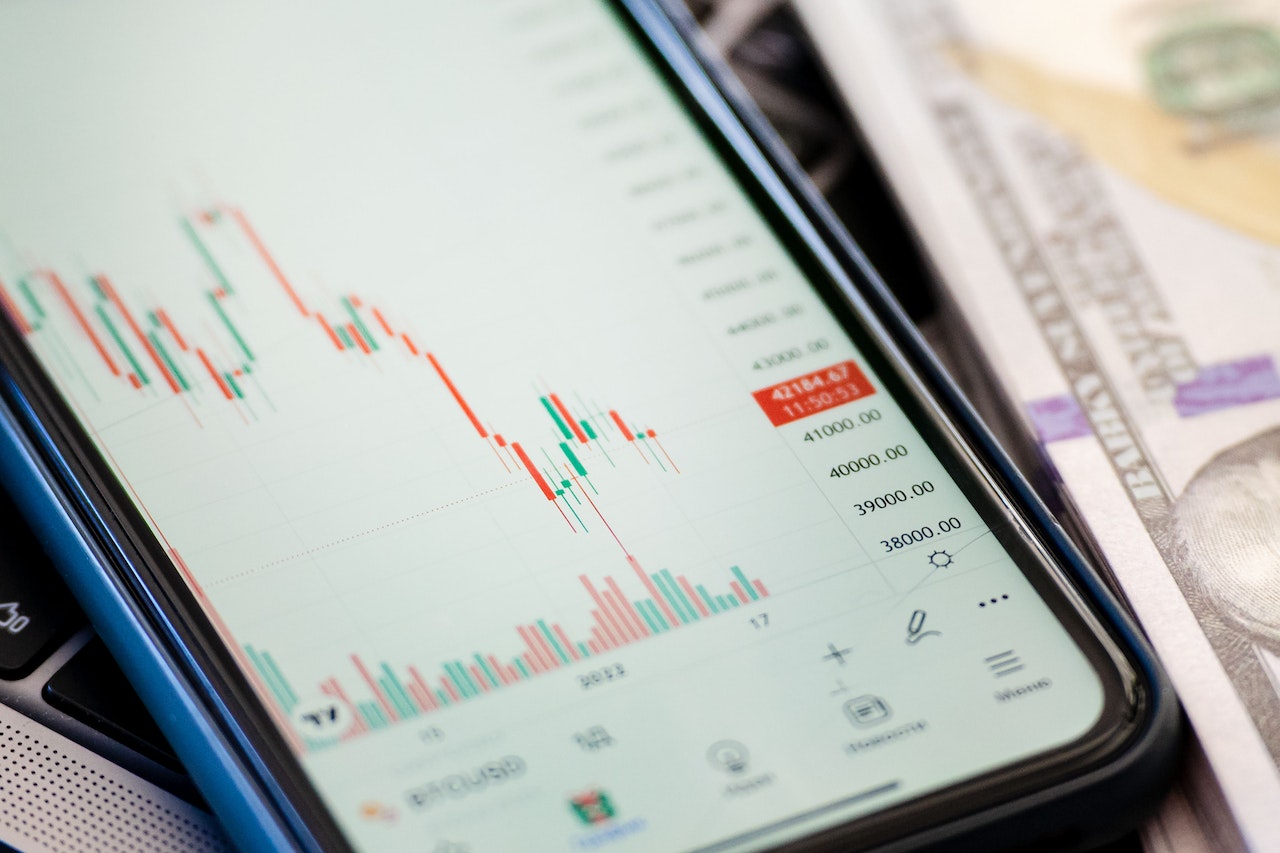When you start trading forex, it is important to understand how to calculate your profits and losses. This will help you stay in control of your trading account and make informed decisions about your trading activity. In this guide, we will explain the basic calculation methods for profits and losses, as well as some more advanced techniques. Let’s get started!
What is Forex Trading and how does it work?
Forex trading is the act of buying and selling currencies on the foreign exchange market. The foreign exchange market is a global marketplace where currencies are traded 24 hours a day, 5 days a week. In forex trading, you always trade pairs of currencies. For example, if you buy EUR/USD, you are buying Euros and selling US Dollars.
What is a pip and how do I calculate my profits and losses?
A pip is the smallest unit of price movement in forex trading. For most currency pairs, a pip is equal to 0.0001. So, if the EUR/USD moves from 1.1500 to 1.1501, that is a one-pip move.
To calculate your profits and losses in forex trading, you need to know the value of a pip. The value of a pip depends on the currency pair you are trading and the size of your trade (your position size).
Let’s say you buy 10,000 Euros at 1.1550 and then sell them at 1.1600. In this case, your profit is 50 pips (1.1600 – 1.1550 = 0.0050). To calculate your profit in US Dollars, you need to multiply your position size (10,000) by the value of a pip (0.0001). So, your total profit is $50 (10,000 * 0.0001).
How do I manage my risk when trading forex?
When trading forex, it is important to manage your risk. You can do this by using a stop-loss order. A stop-loss order is an order that automatically closes your trade at a certain price level if the market moves against you. This will help you limit your losses if the market moves against your position.
What are some advanced forex trading strategies?
There are many different forex trading strategies. Some of the more popular strategies include:
– Scalping: This is a short-term strategy where you take quick profits on small price movements.
– Swing trading: This is a medium-term strategy where you hold your trades for a few days or weeks and take advantage of larger price movements.
– Position trading: This is a long-term strategy where you hold your trades for months or even years, and take advantage of long-term trends in the market.
How can I find the best forex broker for me?
There are many different forex brokers to choose from. When choosing a broker, you should consider factors such as spreads, leverage, customer service, and account types.
Factors that Affect Profit and Loss in Forex Trading
There are a number of factors that can affect your profit and loss in forex trading. These include:
– The value of a pip: As we’ve seen, the value of a pip can vary depending on the currency pair you are trading.
– Your position size: This is the size of your trade in terms of the number of units (e.g. 10,000).
– The spread: This is the difference between the bid and ask price. A wider spread will eat into your profits.
– Leverage: Leverage allows you to trade with more money than you have in your account. However, it can also magnify your losses.
– Margin requirements: Some brokers require you to have a certain amount of money in your account to trade. This is called a margin requirement.
– Commission: Some brokers charge a commission on each trade.
Other Important Considerations
When trading forex, there are a few other things you should consider:
– Risk management: It is important to manage your risk when trading forex. You can do this by using a stop-loss order.
– Strategy: There are many different forex trading strategies. You should choose a strategy that best suits your time frame and risk tolerance.
– Broker: Choose a broker that offers competitive spreads and good customer service.
– Demo account: Before you start trading with real money, it’s a good idea to practice with a demo account. This will allow you to test out your strategies and get a feel for the market.
Mistakes to Avoid When Trading Forex
There are a few mistakes that you should avoid when trading forex:
– Not managing your risk: It is important to manage your risk when trading forex. You can do this by using a stop-loss order.
– Not having a strategy: It is important to have a clear trading strategy before you enter the market.
– Overtrading: This is when you trade too often and make too many trades. This can lead to impulsive decisions and can be very costly.
– Not demo trading: Before you start trading with real money, it’s a good idea to practice with a demo account. This will allow you to test out your strategies and get a feel for the market.
– Not diversifying: When trading forex, it’s important to trade a variety of currency pairs. This will help you diversify your risk and avoid putting all your eggs in one basket.
Conclusion
In conclusion, forex trading can be profitable if you take the time to learn about the market and use a sound risk management strategy. There are a number of factors that can affect your profit and loss in forex trading, so it’s important to be aware of them. And finally, avoid making common mistakes such as not demo trading or not having a clear trading strategy.

No Responses